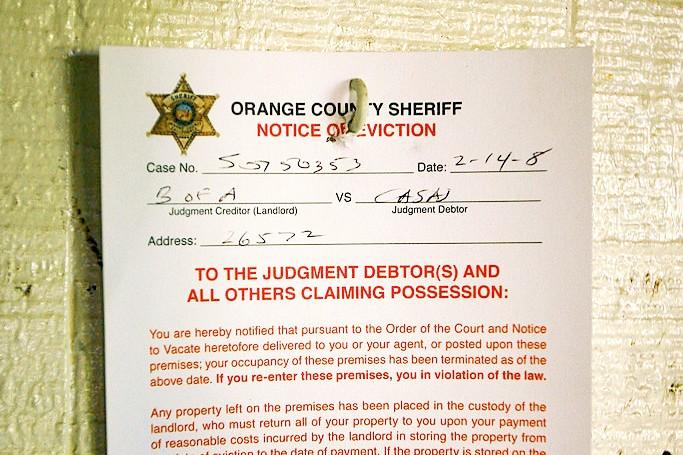While the director of a tenants association says “just cause policies benefit tenants,” the president of a landlord’s association insists they “just cause a lot of problems” for landlords.
“Just cause” eviction policies are designed to prevent random, retaliatory, or discriminatory evictions by ensuring that landlords can evict tenants only for specific reasons, such as failure to pay rent, intentional property damage, or refusal to comply with the terms of the lease.





